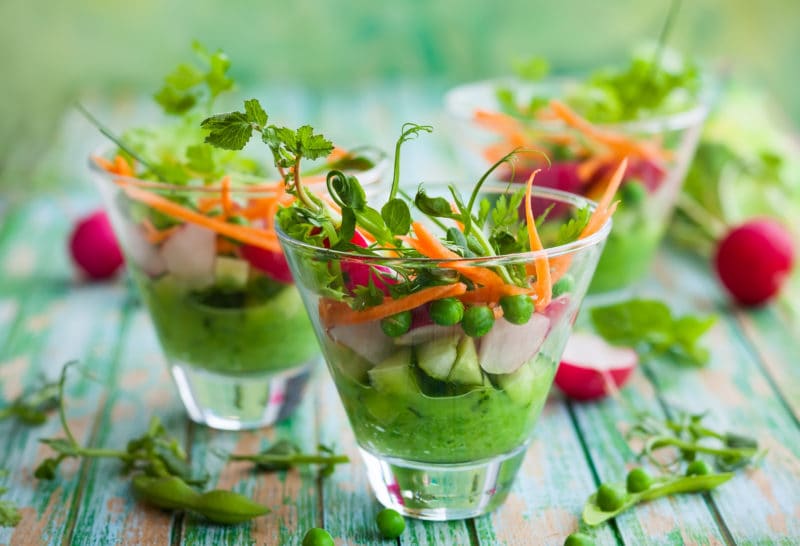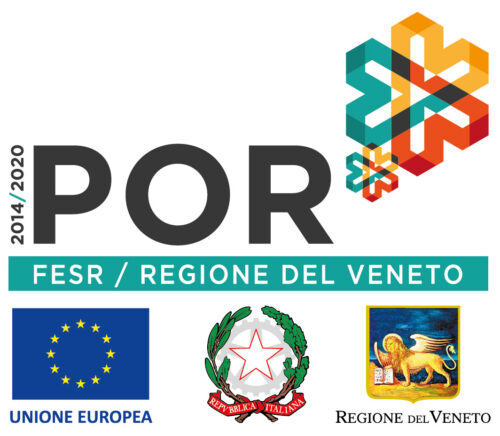Organic World / Sustainability
‘Farm to Fork’ – organic and sustainable agriculture for a healthier diet
‘Farm to Fork’ is a 10-year strategic plan (2020-2030) presented by the European Commission and represents an innovative management approach, based on the principle that food, environment, health and agriculture are closely related.
The plan is an integral part of the Green New Deal (GND), that is a wide-range project based on environmental, social and economic reforms. In this challenging plan, the achievement of climate neutrality in the European Union by 2050 represents one of the most ambitious and binding goals of the GND.
What are the objectives of ‘Farm to Fork’?
The project ‘Farm to Fork’ has several goals, which require a concerted effort by all EU member States.
This strategy aims to transform the European food system, making it more sustainable and at the same time transparent, involving the various actors in the supply chain. Starting from production to distribution to the final consumer.
The main objective is to develop a more sustainable, organic and fair food supply chain, but also to reach an informed final consumer with a healthier lifestyle, triggering the improvement of global standards.

Which actions will be needed to achieve these goals?
In the ‘Farm to Fork’ strategy, organic farming and sustainability play a fundamental role, together with food safety and waste reduction.
Organic farming cover a key position therefore the strategy aims to achieve, by 2030, a 25% of European agricultural land converted to organic method. In the plan we find the commitment to a 50% reduction in the use of fertilizers and pesticides in agriculture and actions designed to preserve biodiversity in agricultural land. As for instance the safeguard of the ‘pollinators’, such as bees that are invaluable for life on the planet but also birds (such as the Golden Oriole, an indicator of environmental health).
On the other hand, the ‘Farm to Fork’ strategy wants to stimulate the final consumer, helping him to undertake a healthier lifestyle, starting from the choice of a diet that includes products of vegetable origin in greater quantities, organic and sustainable food but also fighting food waste in a circular economy perspective.
In order to ensure greater transparency of the supply chain, the plan provides for the use of digital tools aimed at giving consumers information on the origin, nutritional value and environmental footprint of a food. Perlage is already moving on this front with the R&D project “Filiera 4.0”, aimed at the digitization and traceability of one of our products, Quorum Prosecco Superiore DOCG, and the involvement of the respective actors of the grape-wine chain.
This important project doesn’t forget the livestock sector, with objectives such as reducing methane emissions from livestock and improving animal welfare.
The strategy also requires us to take an extra step to fight climate change, adopting renewable energy systems such as solar panels and offsetting CO2 emissions for both the public institutions, the industries and the private sectors.
In short, ‘Farm to Fork’ asks everyone to make a small effort to achieve by 2030 great results for the health of the Planet Earth and its inhabitants.




